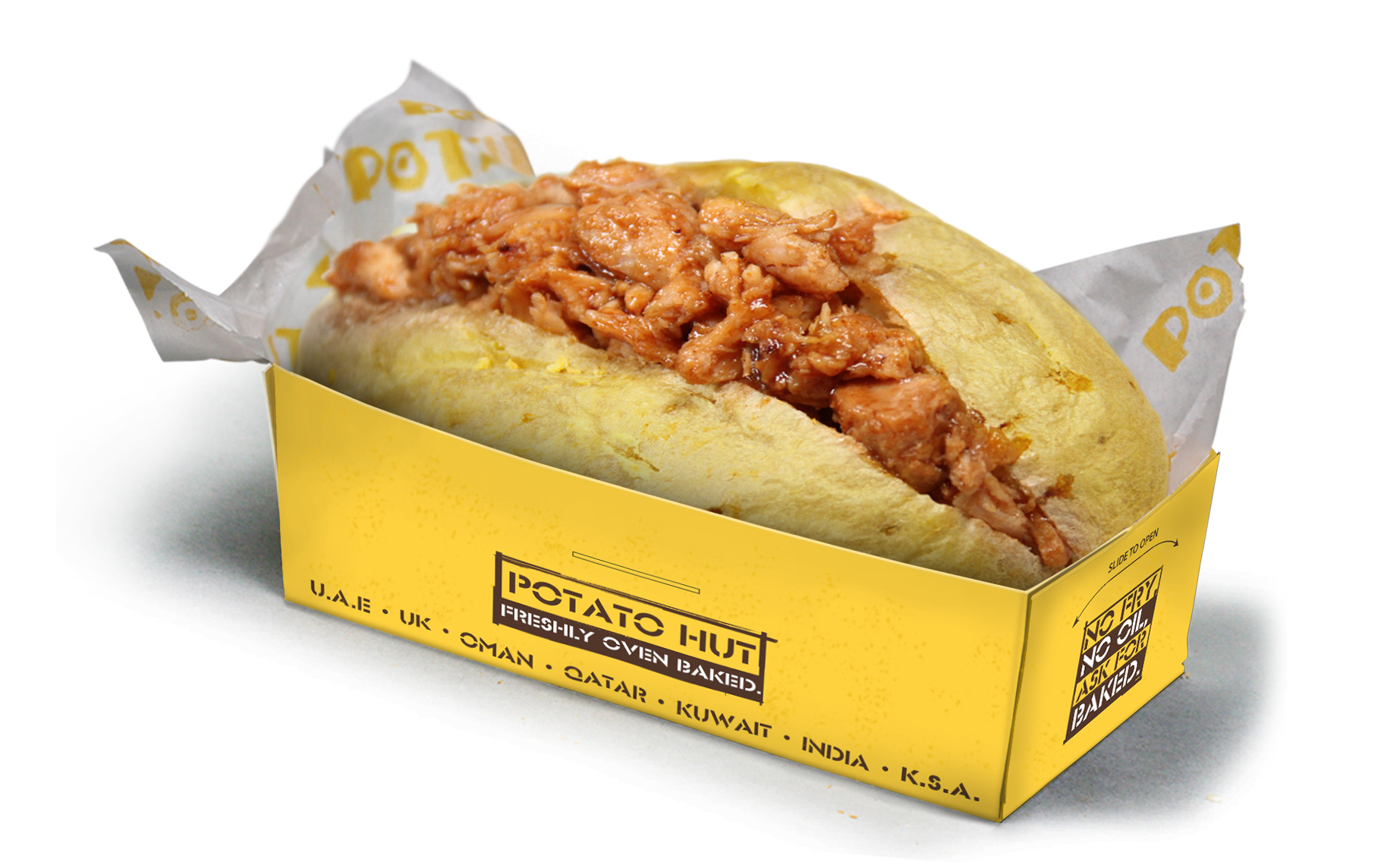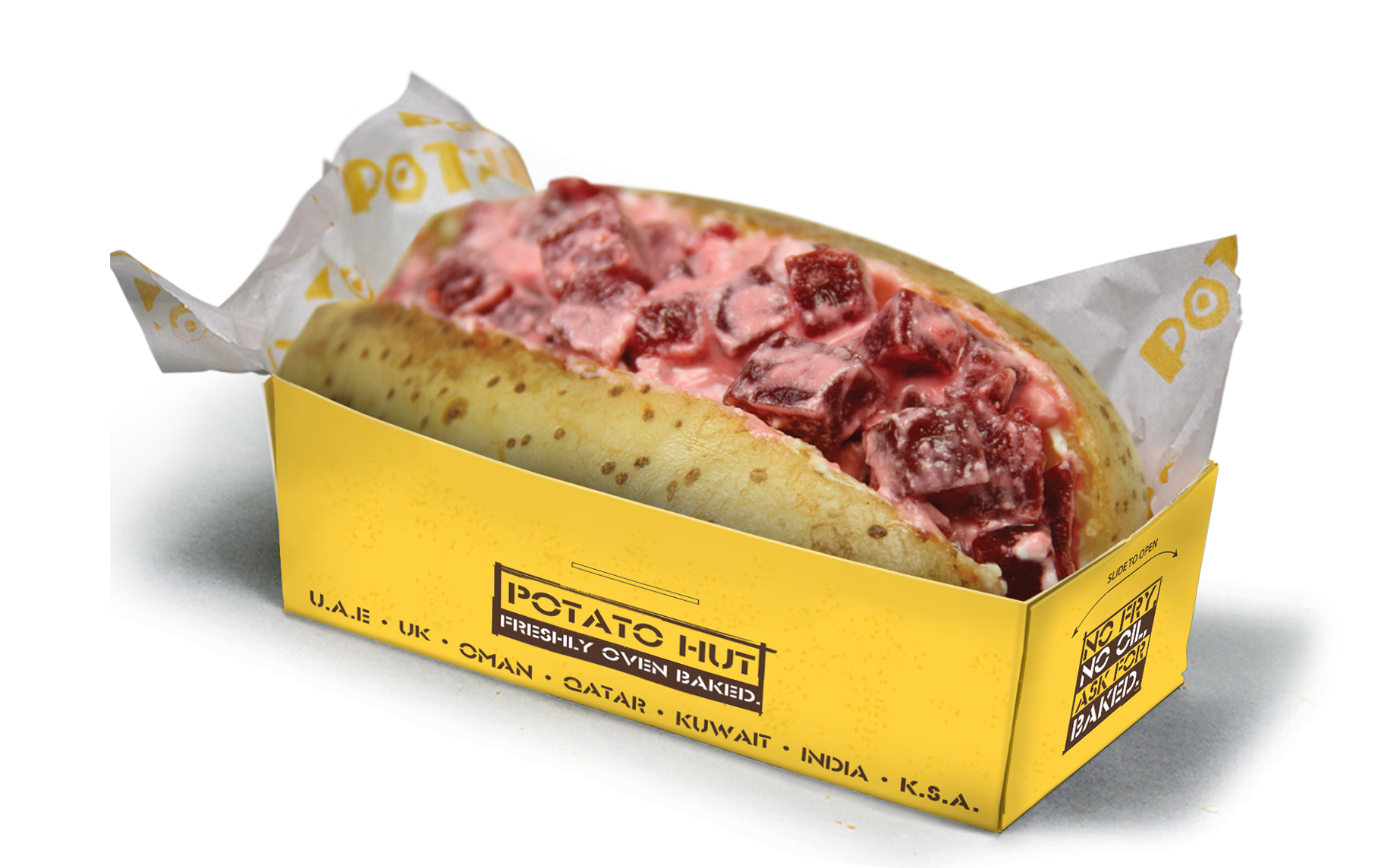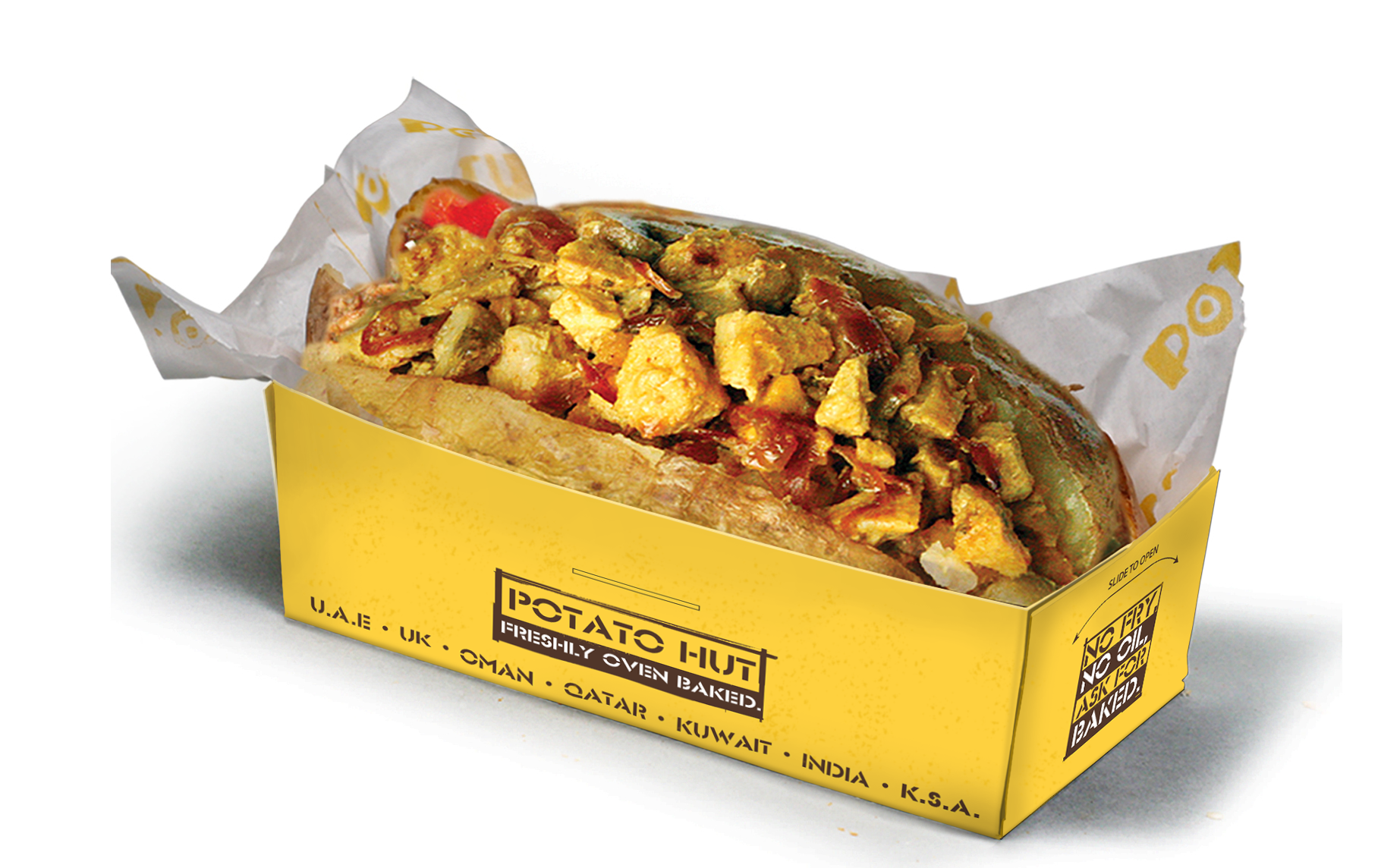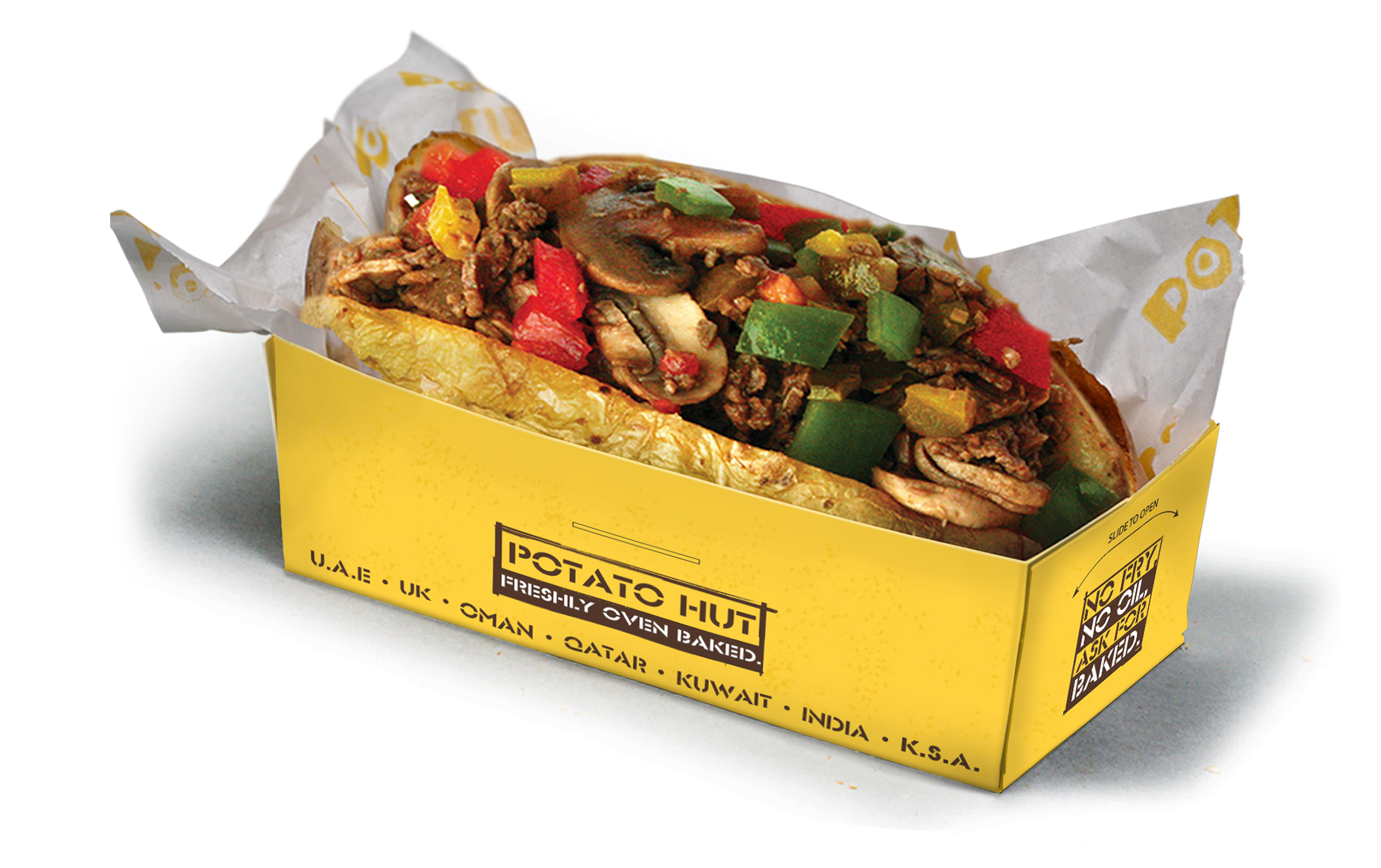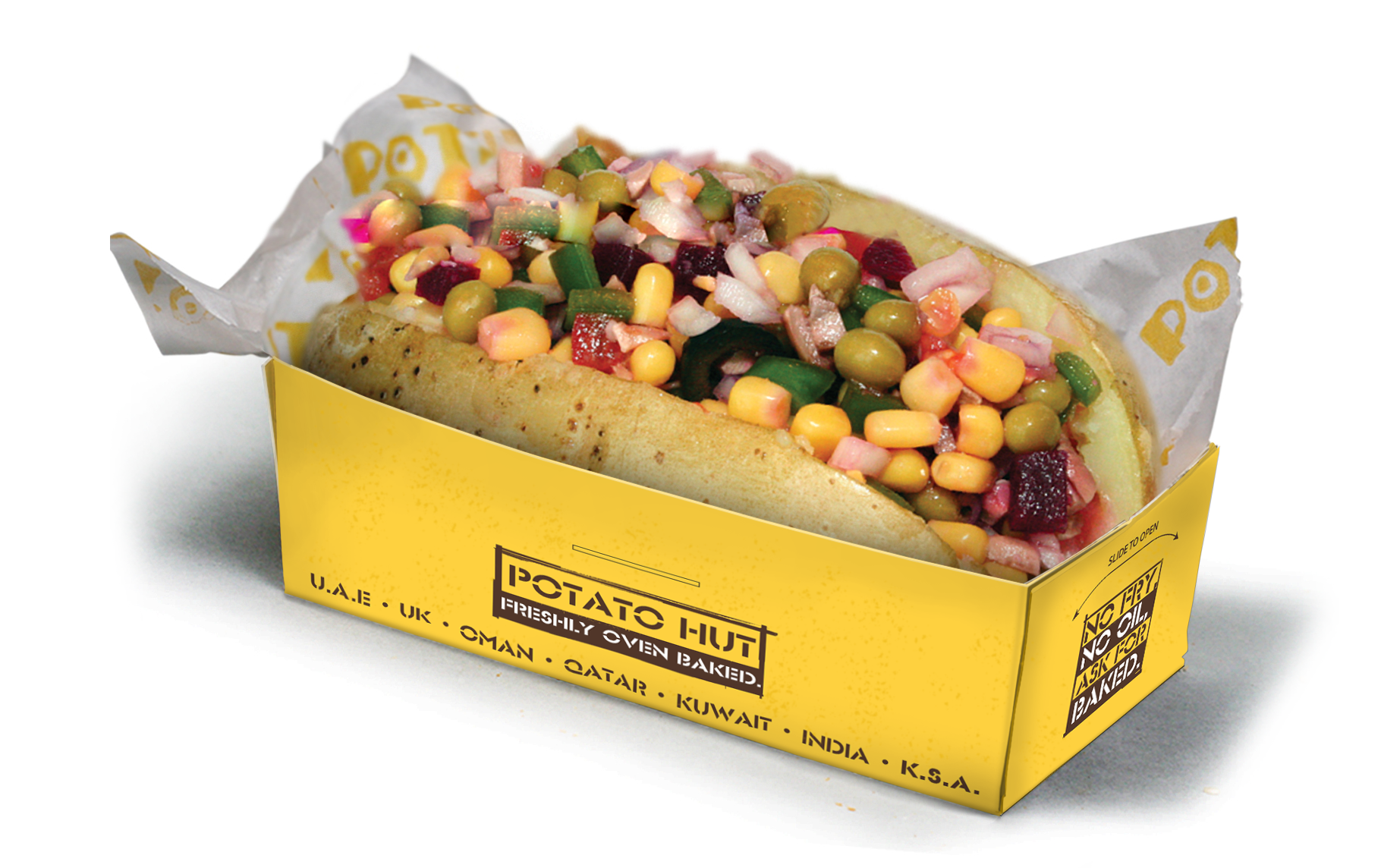Loading...
We would love to hear from you! If you have any questions, collaboration opportunities, or simply want to learn more about Potato Hut LTD and our projects, feel free to reach out to us.
Our team is here to provide you with all the information you need. Connect with us through the provided contact information or use the contact form to send us a message. We look forward to connecting with you and exploring the possibilities together.
info@potatohut.comHead office: MENA Region: No. 607 & 608 City Avenue Building 8th St, Opposite Deira City Center, P.O.Box: 13132 Dubai, United Arab Emirates, Telephone No. +971 50 658 0990
UK & Europe: Perfect Link International, Suite 304, Solar House, 915 High Rd, London N12 8QJ. Mobile: +44 (0) 7407722225
